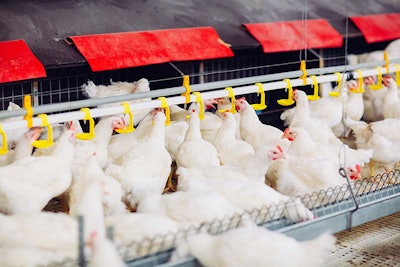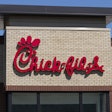
As COVID-19 is drug off the world stage in 2022, the poultry industry will resume its ideological struggle over broiler genetics.
Approved breeds
In December 2021, the Global Animal Partnership (GAP) released an initial list of approved chicken breeds. These birds grow slower than the standard commercial broiler bird.
The list is based on an animal welfare study conducted at the University of Guelph measuring and comparing welfare metrics of various breeds. It found slower-growing broiler chickens are less efficient for producers and more expensive for consumers but improve bird welfare.
GAP is a third-party welfare certification organization founded in 2008 by Whole Foods Market CEO John Mackey. All meat sold at the high-end grocer must be GAP certified. In 2024, the organization will require birds to come from a slower-growing breed to grant certification.
Deadline looms
This is another step towards a clash of reality and expectations. In a 2019 industry survey conducted by the WATT/Rennier Poultry Confidence Index, about 70% of respondents said their customers are using GAP standards or planning on adopting GAP standards in some form.
Given the logistical challenges of a breed switch in an industry producing more than 100 million pounds of meat a day, I wonder if the industry will be able to field the requisite slower-growing birds in less than two years. Furthermore, I am curious if it will turn a profit in a low-margin business without a significant premium.
I visited Bell & Evans, an advanced specialty and organic poultry grower, before the pandemic. Its owner, Scott Sechler, told me it tried slower-growing birds and found those chickens do not make economic sense. The meat from a slower-growing bird costs more to produce, could not be sold at a premium and do not make money.
Can others in the industry succeed where an experienced specialty producer failed by January 2024? We will find out.


















